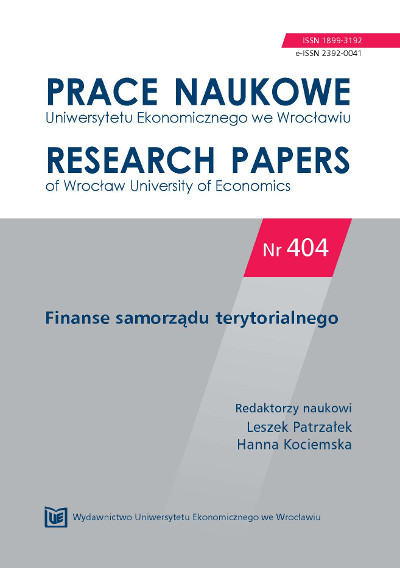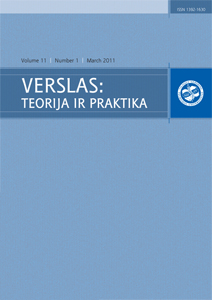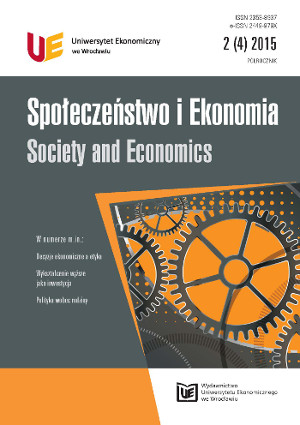
Gminy górnicze – rozwój czy stagnacja?
The problems of Polish mining has a serious human, economic and social dimension. It is necessary to resolve the results of changes which are indispensible to save this industry. The necessity to close some new mines will for sure influence the reduction of output in Silesia, which will improve the balance of demand and supply of coal in the country, but at the same time the financial situation of a lot of municipalities will deteriorate. The unstable situation leads to the dependence of mining municipalities on the situation of one inefficient company. Mining municipalities are those local authorities units in which part of their own revenues are amounts collected from the mining estates tax or from the mining fee. The aim of the research was the impact assessment of decreasing revenues from the mining fee in the budgets of mining municipalities of the Silesian Voivodeship. The worsening situation of some self-government’s units is determined by the direct correlation of charge from the production volumes.
More...





